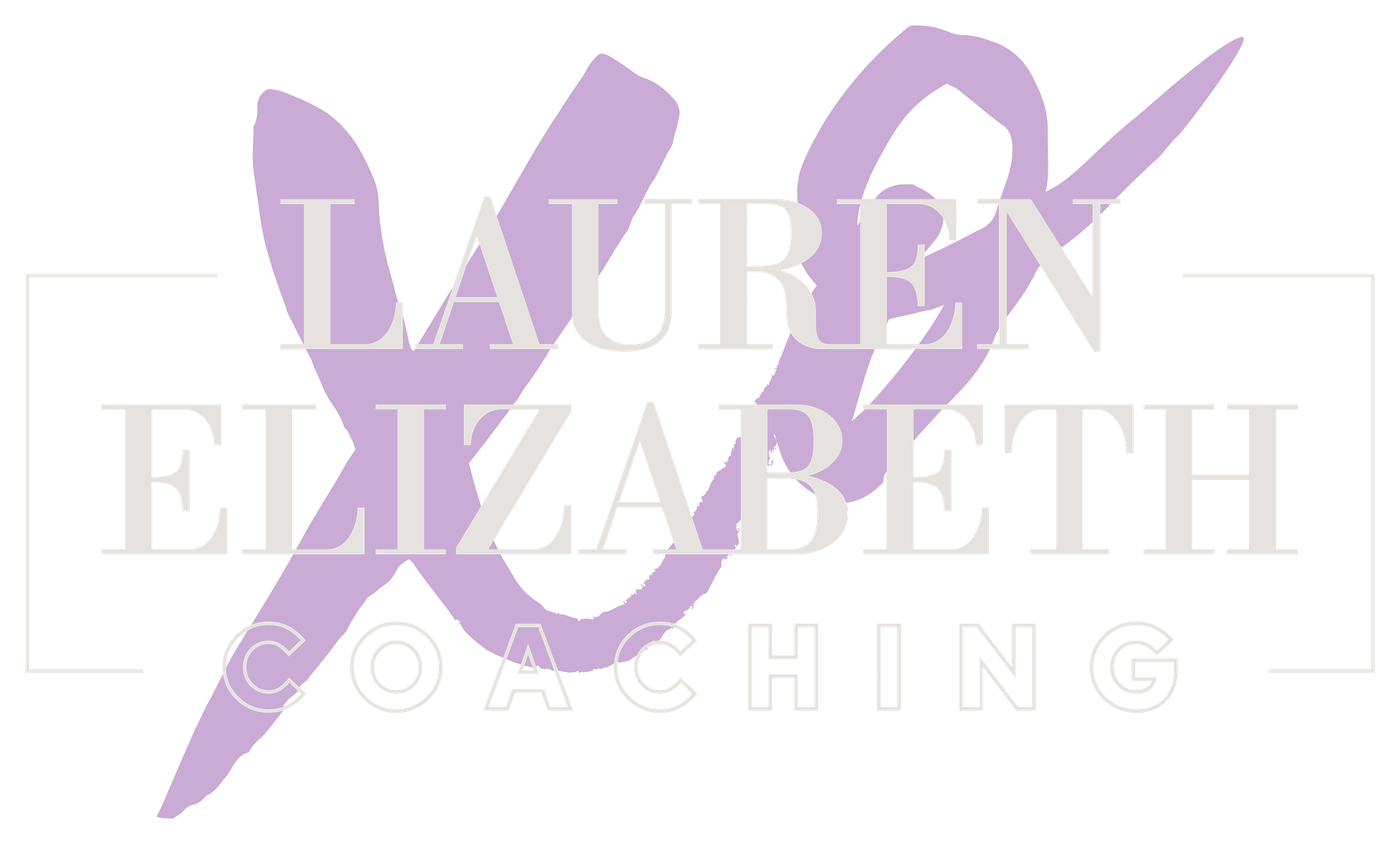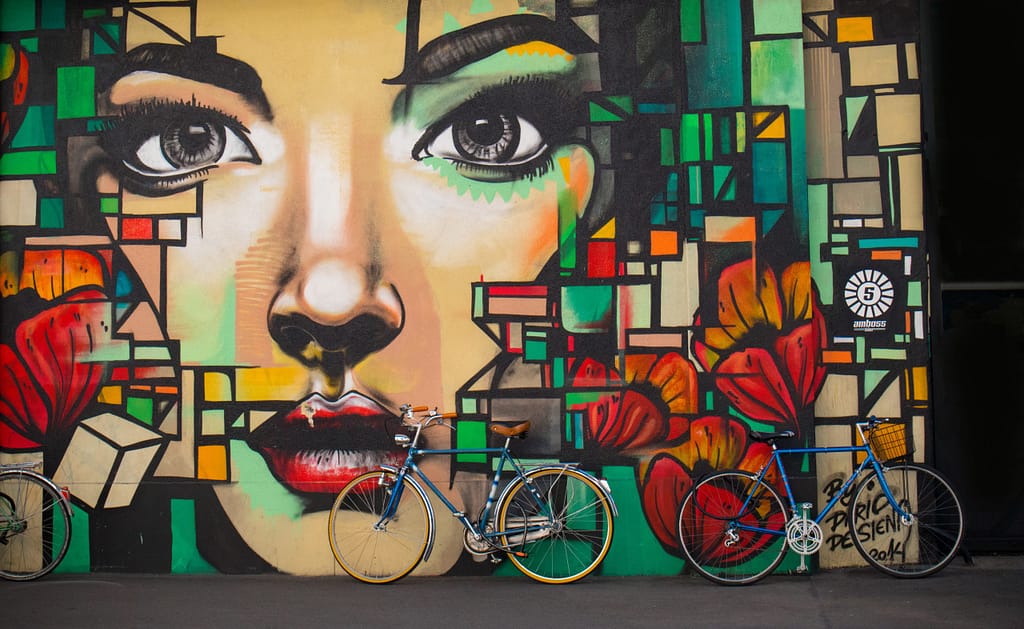For better or for worse, the economic story of our society is woven into the fabric of our culture.
If you think back through history, times of economic abundance are characterized by innovation, creativity and exploration. On the other hand, during times of economic hardship there are decreases in mental well-being, slowed technological growth, and less celebration of art and expression.
As a woman born and raised in the United States, I have seen first hand how Capitalism informs the national culture. It impacts the media, our traditions, and the way we see ourselves.
And the constant advertisements aren’t just selling us products, they are selling us a lifestyle of spending.
The upcoming holidays are a perfect example. (Enter the Christmas Creep)
I’m not going to get into the politics of how Christmas is actually a co-opted version of the pagan winter solstice celebration, but I do want to note that the tradition of Christmas is NOT about how much you can spend. And yet, that is what it has become…
The average American who celebrates Christmas reports spending nearly $1000 on Christmas gifts, decor, etc., and it’s not because folks love spending their hard earned money, it’s because the culture of Christmas is no longer connected to its traditional roots.
There is a cultural pressure to spend.
And if we don’t spend our money this holiday season, we could easily fall into the trap of feeling guilty for not showing our love and appreciation. Thanks, Capitalism.
Capitalism is more than economic philosophy. It is also a cultural system that impacts the way individuals within a specific society relate with one another (AND how people relate across social/cultural lines).
In a capitalist society, the wealthiest people (and corporations) control the economy. This gives them massive power to shape the culture and allows the top .1% to accumulate more wealth.
And this system leaves the majority of people scraping by, waiting for a paycheck that barely pays the bills.
The version of capitalism that’s alive right now has created a social hierarchy, where personal value is based on net worth.
But what if we could change all of that?
What if we could use our collective power as consumers + small business owners to shift the culture that has been perpetuated by toxic capitalism?
Good news… We can!
As consumers, we can create change by voting with our dollars.
As business owners, we can shift the values of the economy by using our platforms to put people before profits.
We can heal from toxic capitalism by accepting our inherent individual worth.
We can dismantle economic systems of oppression by investing with intention.
Collectively, we have the power to build new economic systems that serve.
In the last few years, many giant corporations have changed their practices and policies because their customer base demanded more sustainable options.
Fast food chains like Burger King and Carl’s Jr now offer a veggie burger option. Starbucks switched their cold beverage lids to reduce the use of plastic straws (those lids are still plastic, but they are recyclable and they eliminate the need for straws.). Entire cities are banning the use of single use plastic.
And when it comes to improving production lines and business strategies, corporations are now looking to small businesses for answers.
These changes aren’t happening because the CEO decided it would be best. They made the changes because their customers demanded it.
This corporate culture evolution is a direct result of the public using their economic power to leverage change.
You really do have power in this situation. And it’s all about how and where you spend your money.
And right now, as the Holiday spending season moves into full swing, it’s the perfect time to think about how you can leverage your economic power to create change.
So today, I want to give you a few tips to help you step into your role as a catalyst for cultural change through your economic power.
1. Show your support for small businesses – When you spend $50 at a small business, that allows the business owner to put food on their family’s table. That $50 makes a real difference. When you spend $50 at Walmart (or any other major corporation) you are mostly supporting Nancy Walton’s (heiress of the Walmart empire) Holiday Yacht Party.
2. Choose Environmentally Responsible Goods – Not only are these products better for the planet, but when you choose to purchase environmentally responsible options, you are sending the message to corporations that your are prioritizing products that do less harm to the earth.
3. Shop vintage – Purchasing previously owned clothing and household items, decreases the demand on the production of fast fashion, and cheaply made home goods. (Fast Fashion is one of the most environmentally destructive industries out there!)
4. Invest in learning a new skill – When you spend money on a class or personal development program you are investing in yourself. When you invest in learning, you are saying “I matter more than some trendy off the shelf item.”
5. Make a donation to a justice informed organization – Change happens when many people make small donations to organizations that are dedicated to justice. And it shows corporations, and big business that their consumer base cares about these issues.
I hope that these tips help you feel confident in your ability to create change. I’d love to hear your thoughts on this topic.
What are some ways you use your economic power to shift the culture?
Let me know with a reply.
Love + Liberation
Lauren Elizabeth

